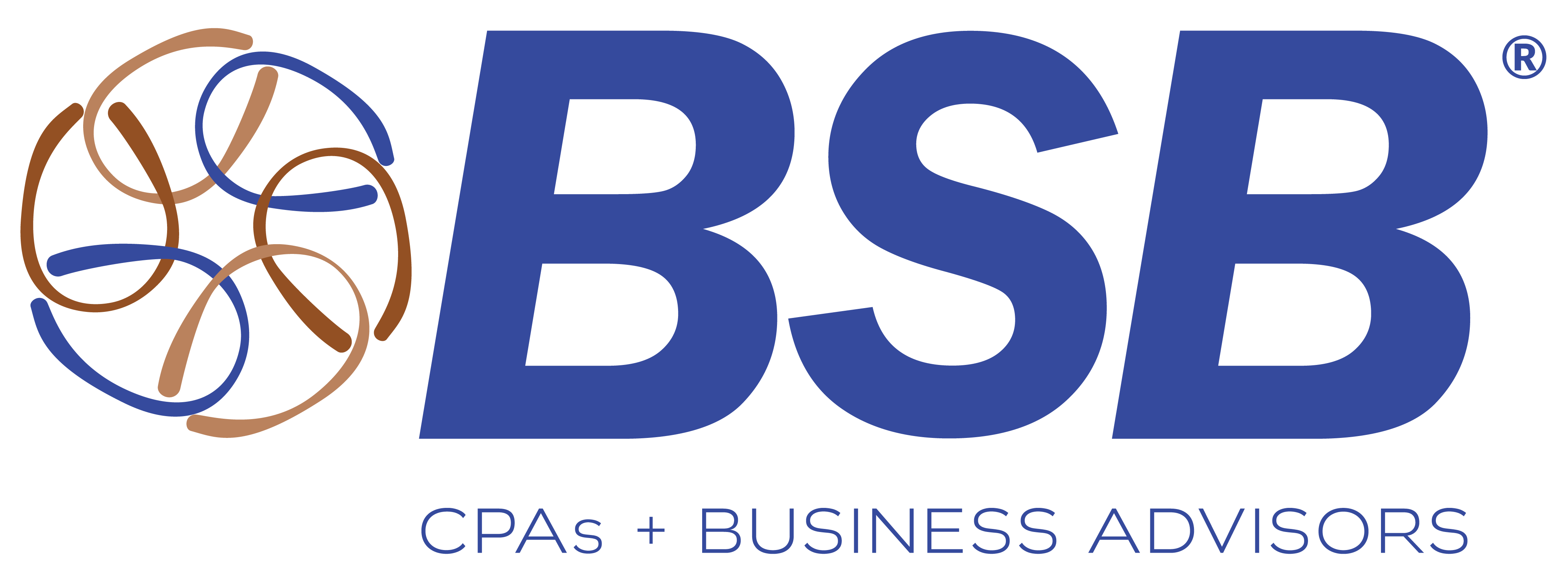Cryptocurrencies and the volatility of the digital currency market have garnered a lot of attention in the retirement plan industry over the past few years. The Department of Labor (DOL) has issued a stern warning about cryptocurrencies on investment menus and brokerage platforms within 401(k) plans. Since the release of the warning, third-party plan providers have responded with differing stances on the guidance released. Some 401(k) providers believe that the DOL has gone too far.
The DOL’s strongly worded compliance release may cause plan sponsors to rethink cryptocurrencies as investment options and the use of brokerage windows in general.
Intro to cryptocurrencies and the DOL’s warning
A cryptocurrency is a digital or virtual currency that uses cryptography to secure transactions. Bitcoin, launched in 2008, was the first digital currency, but today there are thousands of digital coins used throughout the world.
In its Compliance Assistance Release No. 2022-01 (CAR 2022-01), the DOL said it has serious concerns about cryptocurrencies in 401(k) plans and cautioned plan fiduciaries to exercise “extreme care” before adding a cryptocurrency option to investment menus or brokerage windows.
The DOL listed five areas that poses serious risks and challenges to participants’ retirement accounts:
- Cryptocurrency investments are highly speculative, as warned by the Securities and Exchange Commission (SEC).
- It can be difficult for participants — even sophisticated ones — to evaluate cryptocurrencies and separate facts from fad.
- Cryptocurrencies are typically held in in a digital wallet (not a trust or custodial account), which may cause cybersecurity concerns.
- Cryptocurrency valuations may be unreliable and difficult to understand.
- Rules and regulations governing cryptocurrencies are evolving, which may cause compliance challenges.
As a result of these concerns, the DOL’s Employee Benefits Security Administration (EBSA) stated it will conduct an investigative program targeting plans offering cryptocurrencies and expects to take action to protect plan participants and beneficiaries.
The DOL guidance specifically called out cryptocurrency investments available on brokerage windows. The DOL stated that “plan fiduciaries responsible for overseeing such investment options or allowing such investments through brokerage windows should expect to be questioned about how they can square their actions with their duties of prudence and loyalty in light of the risks.”
As part of the DOL’s fiscal year 2023 budget request, Labor Secretary Marty Walsh mentioned the DOL is open to a rule that would regulate cryptocurrency in retirement accounts.
Mixed response from plan sponsors and recordkeepers
Shortly after the DOL released its guidance, more than half (57 percent) of plan sponsors said they would never consider cryptocurrency as a viable investment option, according to a poll conducted by the Plan Sponsor Council of America. An additional 33 percent of plan sponsors stated this guidance reaffirmed the concerns they already had regarding cryptocurrency as a prudent investment option in a retirement plan.
However, weeks later, Fidelity — the nation’s largest recordkeeper with more than $1 trillion in assets — became the first platform to announce that it would offer employers the ability to let participants invest a portion of their retirement savings in Bitcoin through their core 401(k) plan investment lineup. Fidelity said that employees “who are comfortable with the risks and volatility of cryptocurrency” would have access to educational materials to help them make informed decisions. Fidelity currently plans to permit employers to allow Bitcoin up to a ceiling of 20 percent.
Others believe the DOL has overreached with CAR 2022-01. In a letter signed by the U.S. Chamber of Commerce, they noted that in addition to the release effectively prohibiting certain investments, the DOL is also effectively mandating fiduciary responsibility for brokerage window investments. Under current regulations, ERISA fiduciaries are not obligated to directly monitor or evaluate brokerage window investment options. In fact, most brokerage windows are not designed to monitor or block specific investments.
In June 2022, ForUsAll Inc., a plan provider, sued the DOL, stating the DOL had taken its guidance too far and effectively has implemented a ban against certain investments.
Insight: Focus on due diligence for investments
Developments regarding cryptocurrency in the 401(k) plan world are certain to occur given the popularity and interest by companies and individuals. In the meantime, the DOL’s language is so strongly worded that plan sponsors would be wise to use extreme care when considering adding a cryptocurrency option to a plan.
Plan sponsors should take the conflicting messages in the new guidance as an opportunity to connect with plan participants about the plan’s current investment options. Regardless of your stance on cryptocurrencies, staying connected to your plan participants helps strengthen your 401(k) plan.
If you have questions or need more information about employee benefit plans, contact Kevin Hamaker.
Error: Contact form not found.






